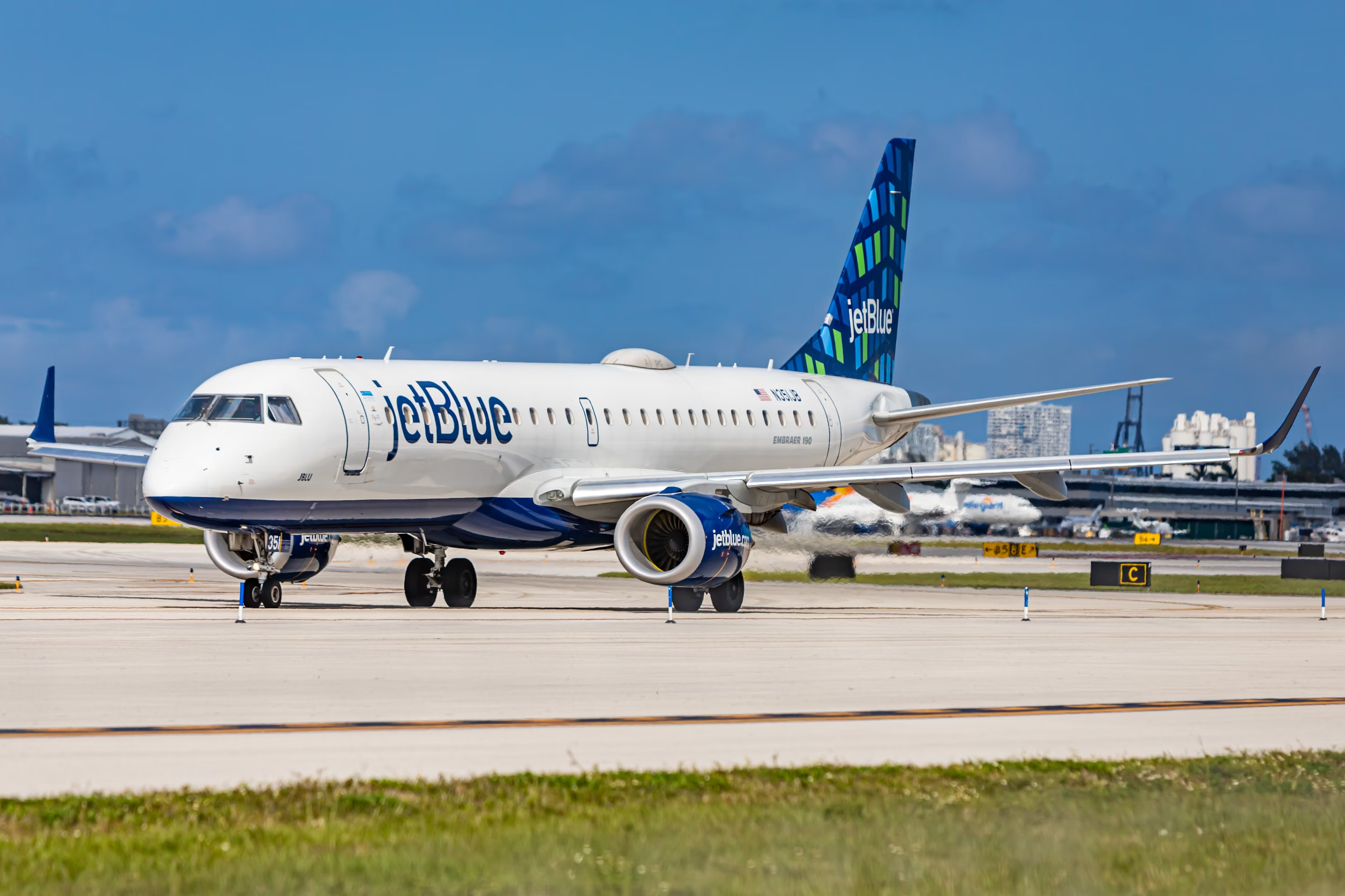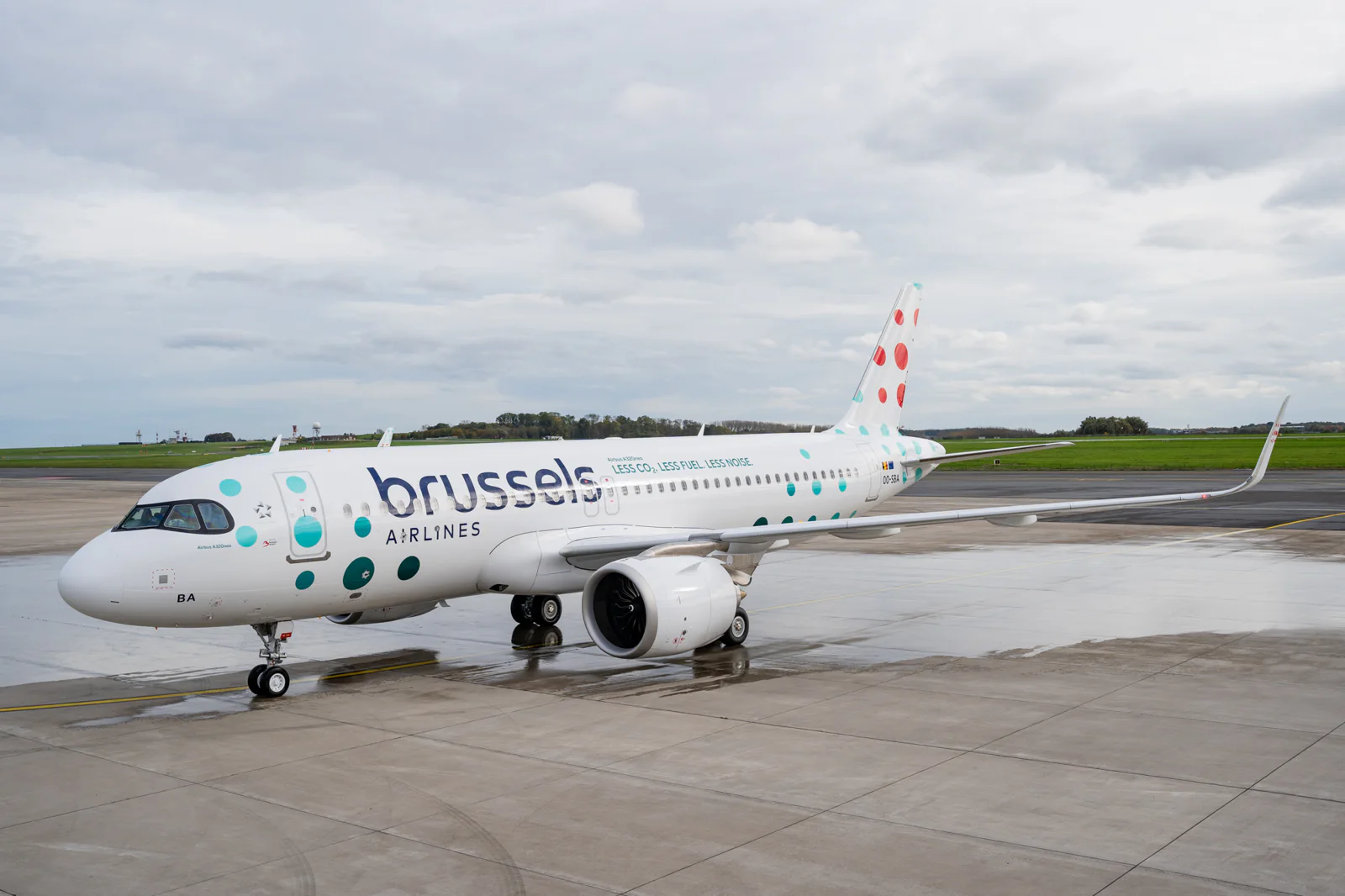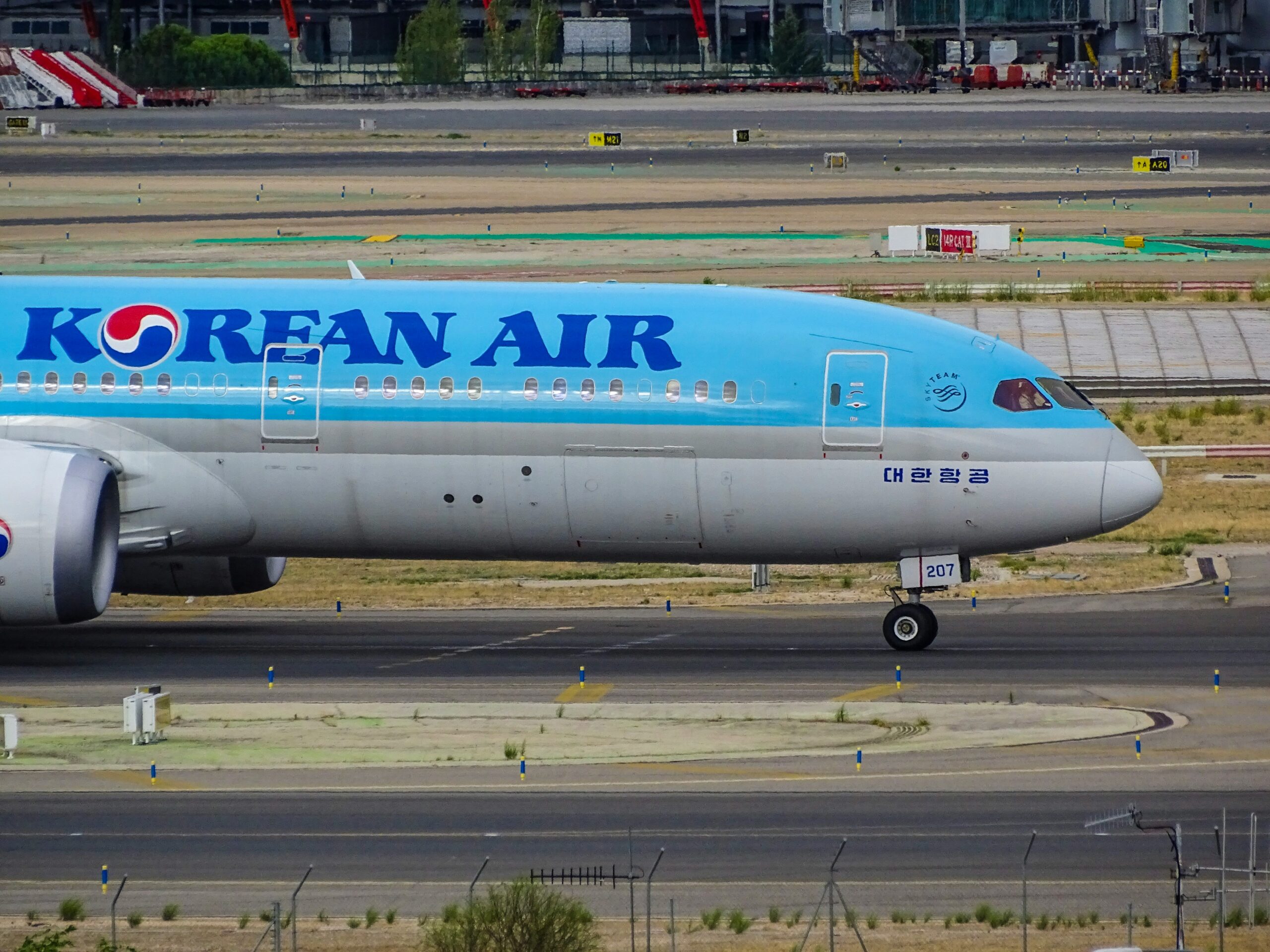JetBlue Airlines had a notable week as its shares surged by 20 percent following a surprising profit announcement and a strategic decision to defer $3 billion in aircraft spending to bolster cash flow. These developments come on the heels of the recent news that JetBlue will introduce new services from Manchester-Boston Regional Airport to Fort Lauderdale, Orlando, and Fort Myers starting in January. The airline is also expanding its seasonal flights and launching a new route to San Juan from Providence, while strengthening its presence in Hartford. Additionally, JetBlue is set to offer more seasonal flights from Boston to popular destinations in Florida and the Caribbean, including Aruba, Barbados, Fort Lauderdale, West Palm Beach, and St. Lucia.
While these updates may seem like a sweet treat, signaling profitability and growth, they also mark a shift in JetBlue’s operational focus that could impact travelers in Boston. The airline’s recent moves to discontinue or scale back services on certain routes from Boston have raised concerns among passengers who have come to rely on its extensive domestic network. JetBlue’s decision to trim less profitable routes is aimed at enhancing its leisure travel offerings, which could potentially limit connectivity for some passengers.
JetBlue’s strategic realignment is part of a broader effort to streamline operations and prioritize core markets in order to improve financial performance. Facing challenges such as regulatory hurdles and evolving market dynamics, the airline is navigating a complex landscape to regain profitability. Despite these adjustments, JetBlue remains a prominent player at Logan Airport, but the shift towards leisure routes may impact customers who value the airline’s previous network offerings.
JetBlue’s recent emphasis on serving smaller, secondary airports like Providence, Manchester, and Hartford reflects a trend also seen in the strategy of Breeze Airways, founded by JetBlue’s former leader, David Neeleman. Neeleman’s innovative approach with Breeze Airways, which focuses on catering to underserved markets, has garnered attention and success in the industry. This shift towards secondary airports underscores a broader trend in the aviation sector towards diversification and niche market strategies.
In conclusion, JetBlue’s recent developments signal a mix of opportunities and challenges as the airline navigates a changing landscape in the aviation industry. By adapting its operations and focusing on key markets, JetBlue aims to strengthen its position and drive sustainable growth in the future. As the airline continues to evolve its strategy, passengers and industry observers will be closely watching to see how these changes shape the future of air travel with JetBlue.
Catch up on the top stories and travel deals by subscribing to our newsletter!












Leave a Reply